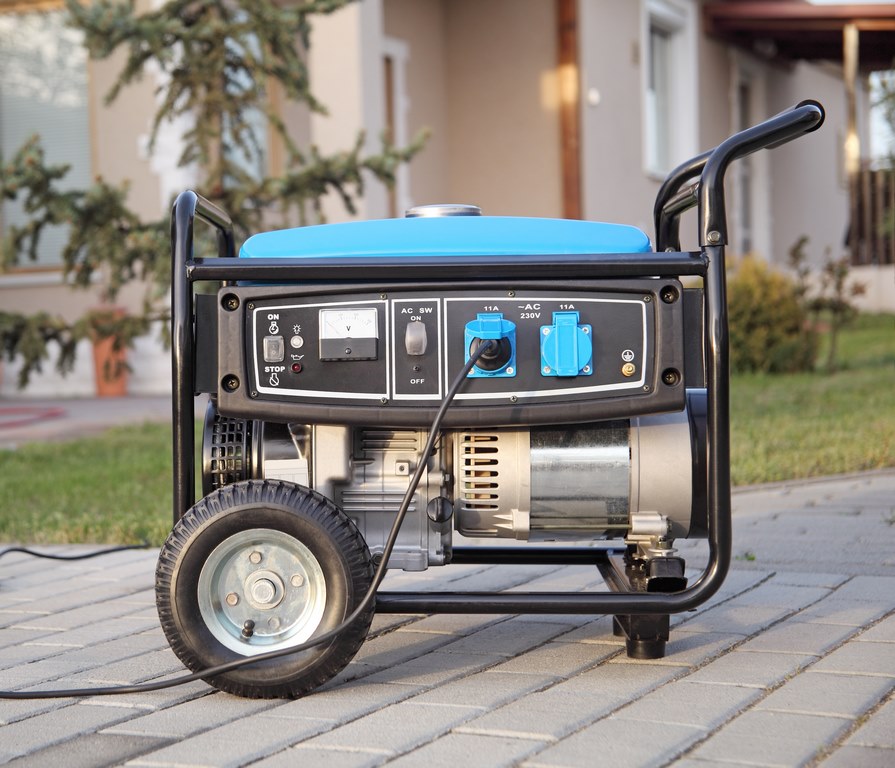There are many benefits of installing generators in your home. It is one of the best ways of ensuring that you never miss out on the power supply in times of emergency.
It may also help you to save money. Many people are not keen to spend a lot of money on the electricity bill, but at the same time, they don’t want to compromise their power supply at home.

Before you call for a generator installation service, you must understand the importance of regular maintenance.
This is essential to ensure maximum operational output and avoid potential emergencies. Here are some maintenance tips to help you out:
Among the most important generator maintenance tips is changing the filters regularly.
Filters will become clogged with dirt and other debris and need to be changed every three or four months to keep your equipment operating as efficiently as possible.
A worn-out filter can also lead to an overheated system, so there’s a safety risk involved in not performing this step regularly.
Changing the filter on your gas generator periodically will go a long way towards keeping your equipment running smoothly and delivering the maximum amount of power during an outage.
This step also ensures that the air flowing through the fuel tank is clean and contaminant-free.
The next critical generator maintenance tip is checking the connections between the spark plugs and the battery.
Many people are surprised by how much electricity they use when their spark plugs are in bad shape.
Overcharging and undercharging the battery can lead to severe problems, so it is best to make sure the battery and the solenoid connections are always secure and in good shape.
Even if you don’t realize that there are any problems with the connections, changing them regularly is one of the best ways to improve your equipment’s performance and efficiency.
It’s also vital that you check the fuel source and the load distribution for any wear signs. If you notice a buildup of sludge, you should be aware that your generator isn’t producing enough power, and it’s time for an upgrade.
Over time, the buildup can reduce your generator’s life by damaging both the fuel source and the device.
The load distribution should also be checked at least once a month. And every time your generator is switched on, make sure that the electrical connections are not damaged or frayed.
Read Also:
Stale fuel can cause a lot of problems for your generator. Manufacturers always advise using a fuel stabilizer with the gas to minimize fuel breakdown and gum buildup.
However, doing so doesn’t guarantee your generator won’t encounter any problems. If you’re not frequently using your generator at home, you should always drain old fuel out of the system before you use it again.
If you’re not using your generator all the time and only keep it as a power backup, you will need to run it regularly to ensure it’s in proper operating condition.
This will help to prevent moisture buildup in the system. It also ensures that all the parts are well-oiled, which prevents the fuel from degrading.
Besides that, the frequent operation will allow you to check if the generator is making weird sounds or has worn-out parts.
With that, you can replace faulty parts quickly and be confident that your generator will run perfectly if an emergency power outage happens.
Final Thoughts
When choosing a generator for home use, you must also take maintenance into consideration. Use the tips above to help.
When in doubt, have your generator checked by a licensed and trained technician. This will help to prevent any problems that can occur with your device.
Additionally, having your unit serviced regularly will help ensure that all parts are in proper working order.